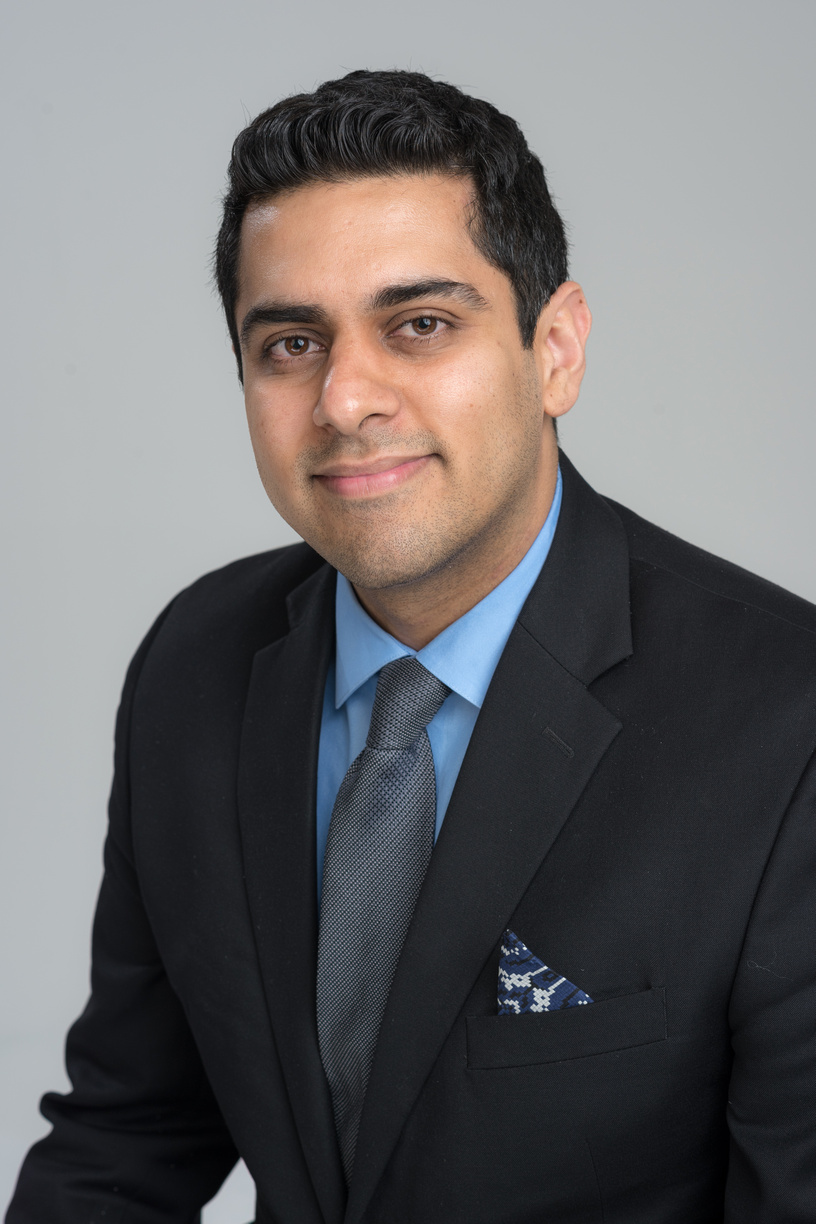Meet the Councilor | Shawn Kwatra, MD FAAD
He is funded by the National Institutes of Health and multiple foundations. He has been an author or co-author on over 250 publications in peer-reviewed international journals and is the secretary-treasurer of the Skin of Color Society and a member of the National Eczema Society Scientific and Medical Advisory Council. He previously served as the Founding Director of the Johns Hopkins Itch Center. Dr. Kwatra also presented "Pathophysiology and Potential Therapeutic Targets of Prurigo Nodularis" as part of the IEC symposium Prurigo Nodularis at the AAD Global Day of Education in 2023. How does your personal or professional vision/mission align with the new IEC vision/mission?Atopic dermatitis is a heterogenous skin disease that takes many forms. There are forms of atopic dermatitis that are itch dominant with less skin involvement, and there are a variety of different clinical presentations among patients of different races and ethnicities. Recently, there has been a translational revolution in atopic dermatitis with many new recently approved or soon to be approved therapies. With all of this activity in atopic dermatitis, it is important to take a patient centered, inclusive approach which aligns with the vision of the IEC. What is your proudest accomplishment in the atopic dermatitis (AD) space?I am proud of our group’s work on better understanding atopic dermatitis in diverse patient populations. My lab has been focusing on the molecular basis of atopic dermatitis in African American patients, with studies ranging from cutaneous transcriptomics to better defining clinical manifestations of disease in African American patients. What do you value most about being involved with the IEC?I value the community of interacting with leaders in atopic dermatitis. The IEC also has a range of valuable educational symposia that I have enjoyed attending. What do you think will garner the most attention over the coming year in the AD field?The wave of new therapeutics that are soon to be approved will dramatically alter the landscape of the treatment of atopic dermatitis. What do you see as the biggest need among AD patients?Shared decision making is very important when treating AD patients. With an ever-increasing number of treatment options, amplifying the patient’s needs and concerns in selecting therapeutics will take on increasing importance. Describe a professional experience you won't forget because of how it impacted your specialty or the way you practice.I had a recent interaction with a patient who had severe itch, and she told me she didn’t know how much longer she could go on living this way. She broke down into tears because she had only been treated with topical therapy before and had never felt like an equal stakeholder in deciding her care. This experience solidified to me that I want to try to practice shared decision-making with patients. What's the most recent good thing you watched, listened to, or visited?I recently listened to a podcast by the famous neuroscientist Andrew Huberman on the science of gratitude and learned that you can actually rewire your brain to see the good in the world. So I have made it a habit with my wife to every night write down three things I am grateful for. |

 Dr. Kwatra is the Joseph W. Burnett Endowed Professor and Chair in Dermatology at the University of Maryland School of Medicine in Baltimore, MD, USA. His areas of clinical expertise include chronic pruritus, prurigo nodularis, atopic dermatitis, and dermatology for ethnic skin.
Dr. Kwatra is the Joseph W. Burnett Endowed Professor and Chair in Dermatology at the University of Maryland School of Medicine in Baltimore, MD, USA. His areas of clinical expertise include chronic pruritus, prurigo nodularis, atopic dermatitis, and dermatology for ethnic skin.